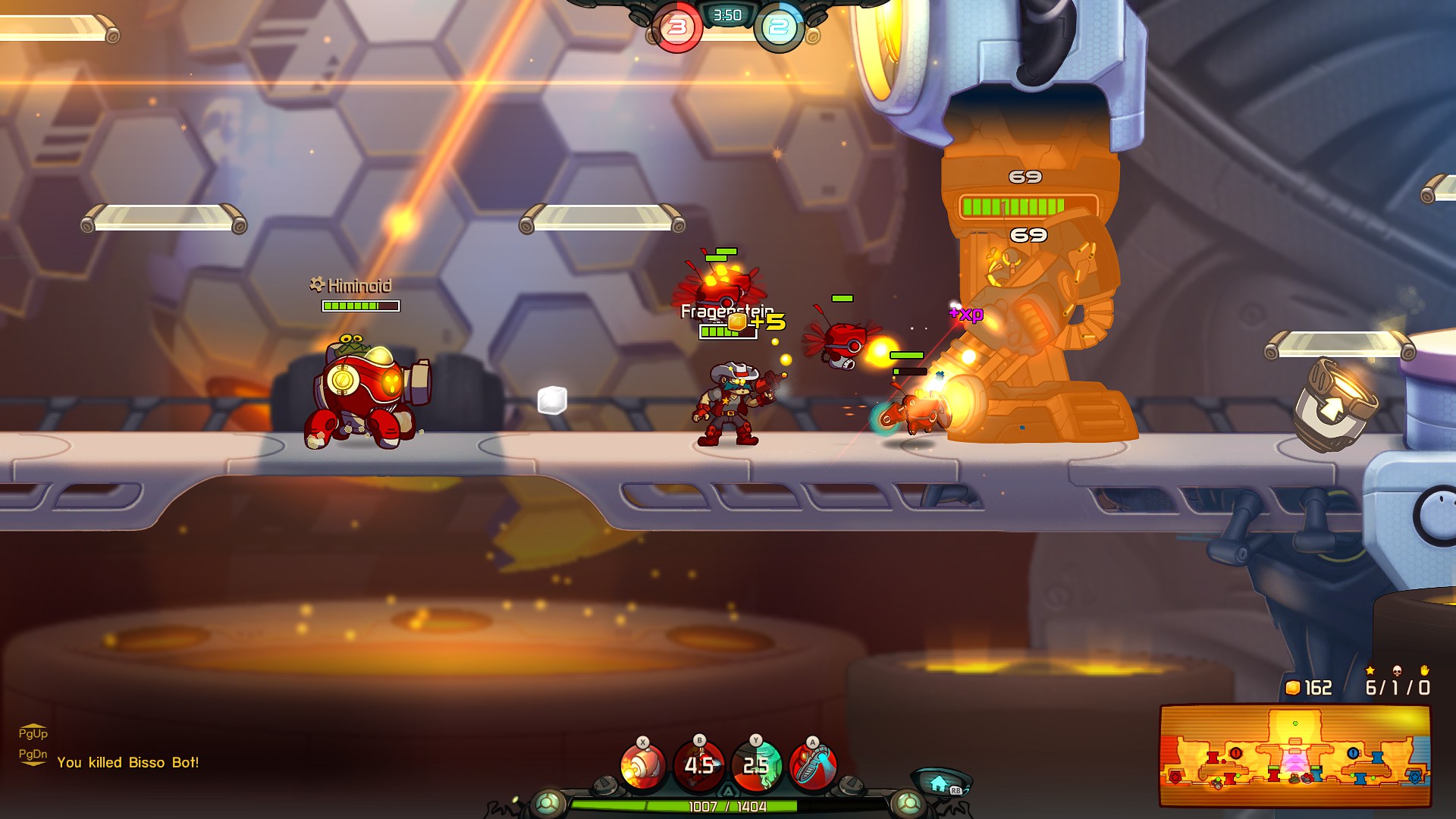When I first heard that Multiplayer Online Battle Arenas were the new thing, I assumed that there had been a revival of classic arena shooters like Quake 3 and Unreal Tournament. They’re multiplayer, online arenas where you battle, right? But instead, the genre popularised by League of Legends and Defence of the Ancients seemed to be a kind of minimalist RTS. So I didn’t pay it any more heed, and yet here in 2017, MOBAs are a professional sport. So with Awesomenauts which is essentially a 2D MOBA, I wanted to try and uncover the appeal of this persistent genre. If you’re a hardcore MOBA-er, then feel free to tell me I’m wrong and need to git gud in the comments.
Tag: Gaming
-
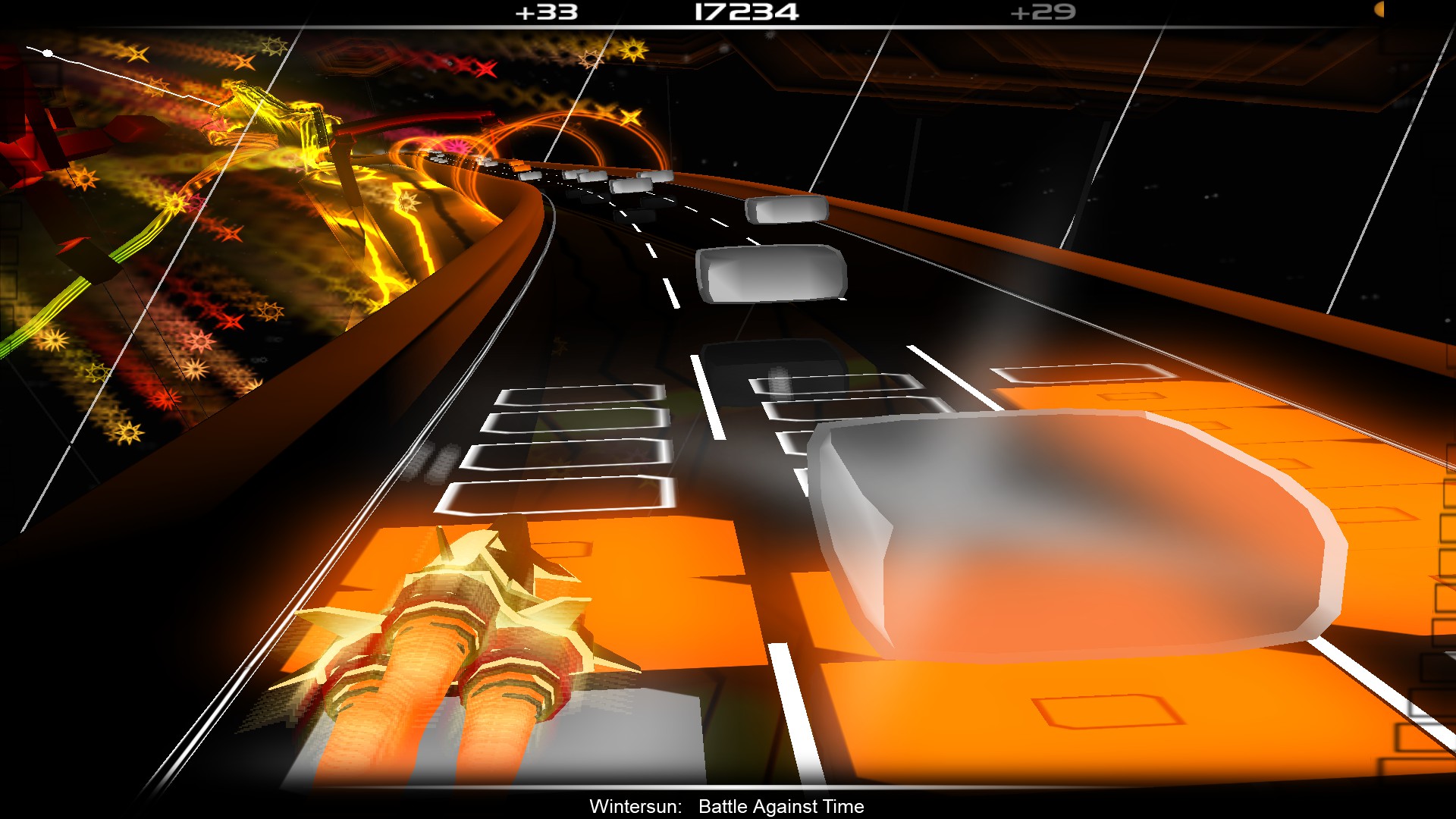
As Tastes Change
Once upon a time, I really liked Audiosurf. A kind of puzzle game with levels generated by your music, it did at the time do some really innovative stuff, which hooked 23 year old me. Yet now going back to Audiosurf, I find that it feels like a chore, a simple game without the design chops of a Pac-Man to elevate it nor any narrative, progression or substantial strategy. So why has this change in perspective been so dramatic?
-
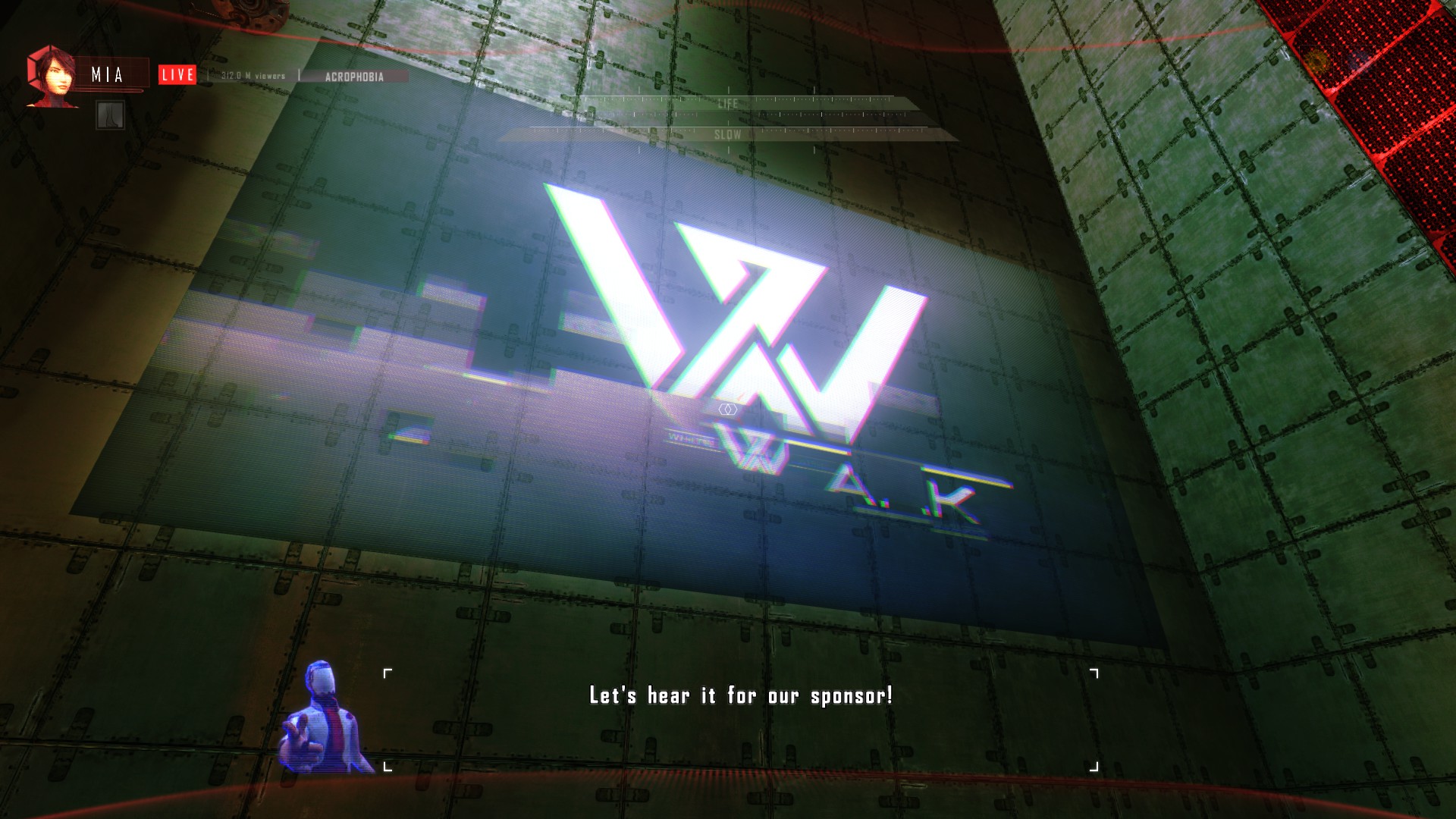
Saving Throw Against Dexterity
Attractio is a first person puzzle game in the Portal mould. It brought to mind what I think is the key conundrum in puzzle game design. In D&D terms, are you targeting intelligence or dexterity?
-
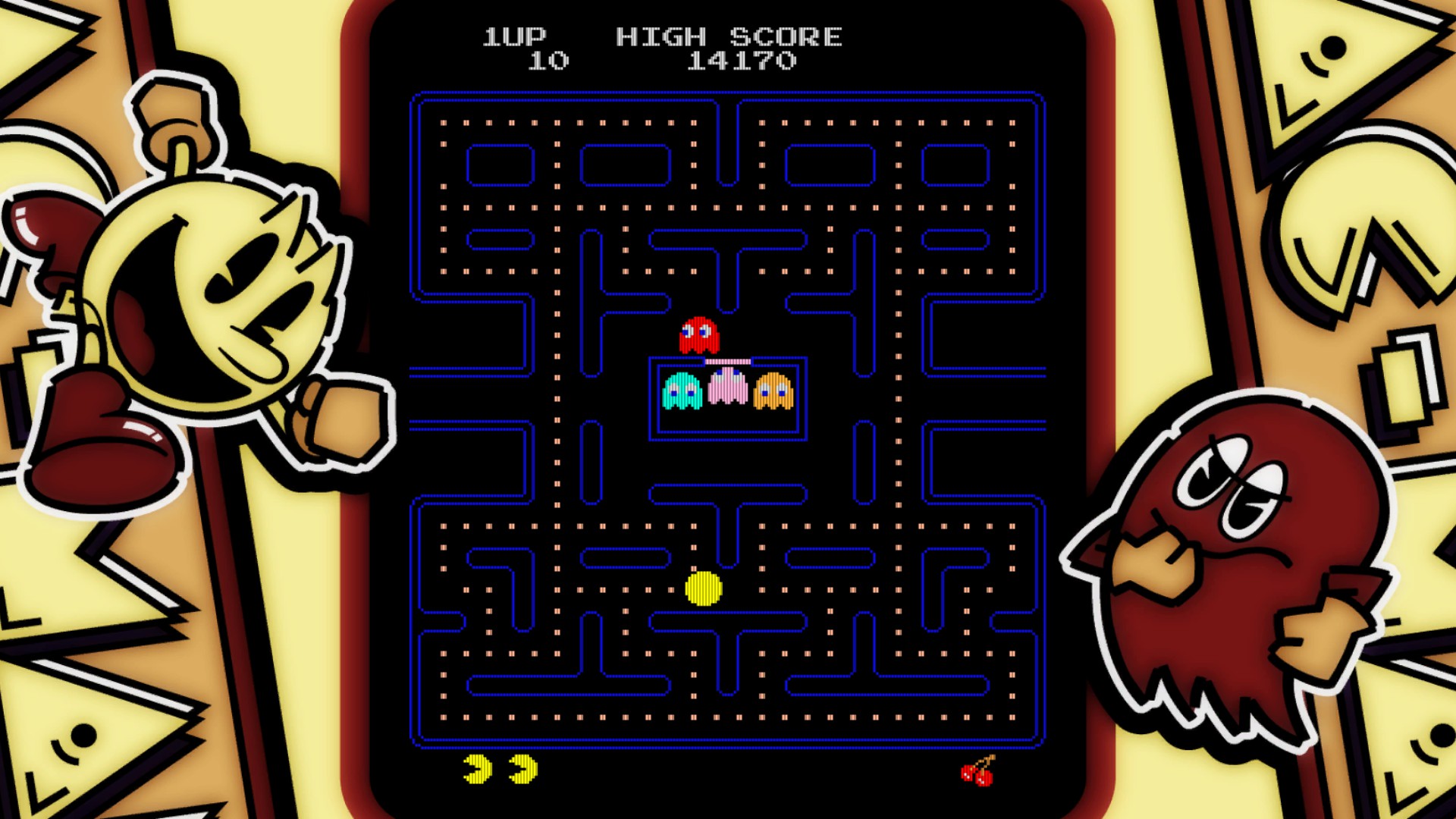
How a Genre Dies
When it was first released to arcades in 1980, Pac-Man created a new Maze Chase genre which was radically different to the sports, racing and shooting games which had come before it. This became a breakout pop-culture hit with appeal across genders to such a level that two seasons of a Pac-Man TV shows were produced. Even today, Pac-Man’s iconic visage is still one of the most identifiable gaming figures. Yet by 1985 the genre was in deep remission and by 1995 it can be fairly argued dead, except for Namco’s own Pac-Man remakes and re-imaginings. Adventure games went into remission and came back. 2D shooters (ala Galaga) are niche, but still being made. What was it about the Maze Chase genre which led to such an immediate boom and bust cycle?
-
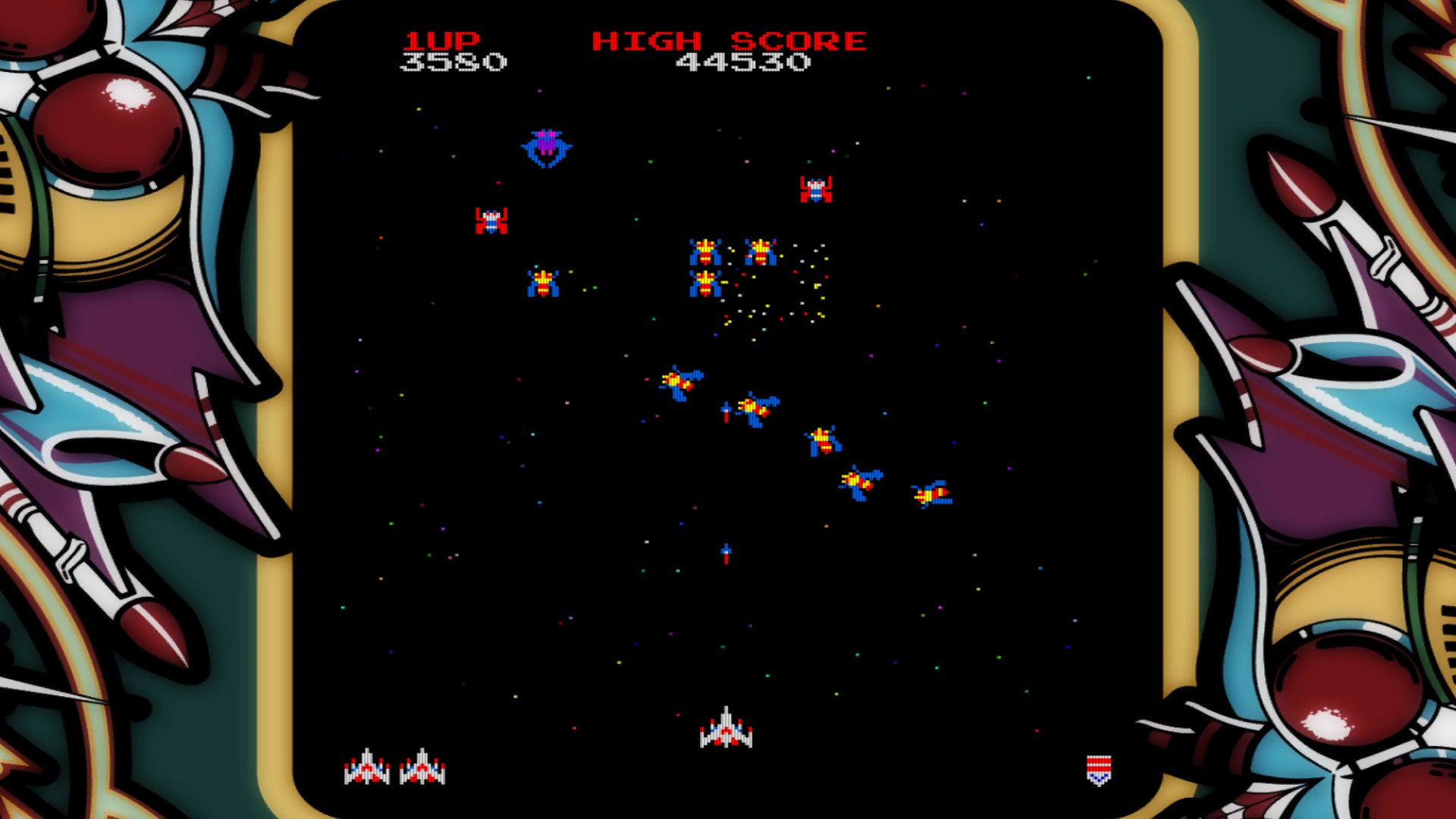
Mechanical Mastery
They don’t make ’em like they used to. Like its Arcade Game Series sibling Dig Dug, Galaga is designed for arcade gaming sessions with no continuing story or narrative. You are a spaceship that shoots aliens. Simple. So in order to keep the player coming back and dropping their quarters in the arcade machine, it needed a hook. Galaga is an arcade shooter which is geared from the ground up around raising the skill ceiling, making expertise and skill matter as much as possible. I’d even say that Galaga is the anti-Farmville. I mentioned in my Dig Dug article the simple joy of mastering mechanics and chasing higher scores, but Galaga manages to distil this down into its purest form.
-
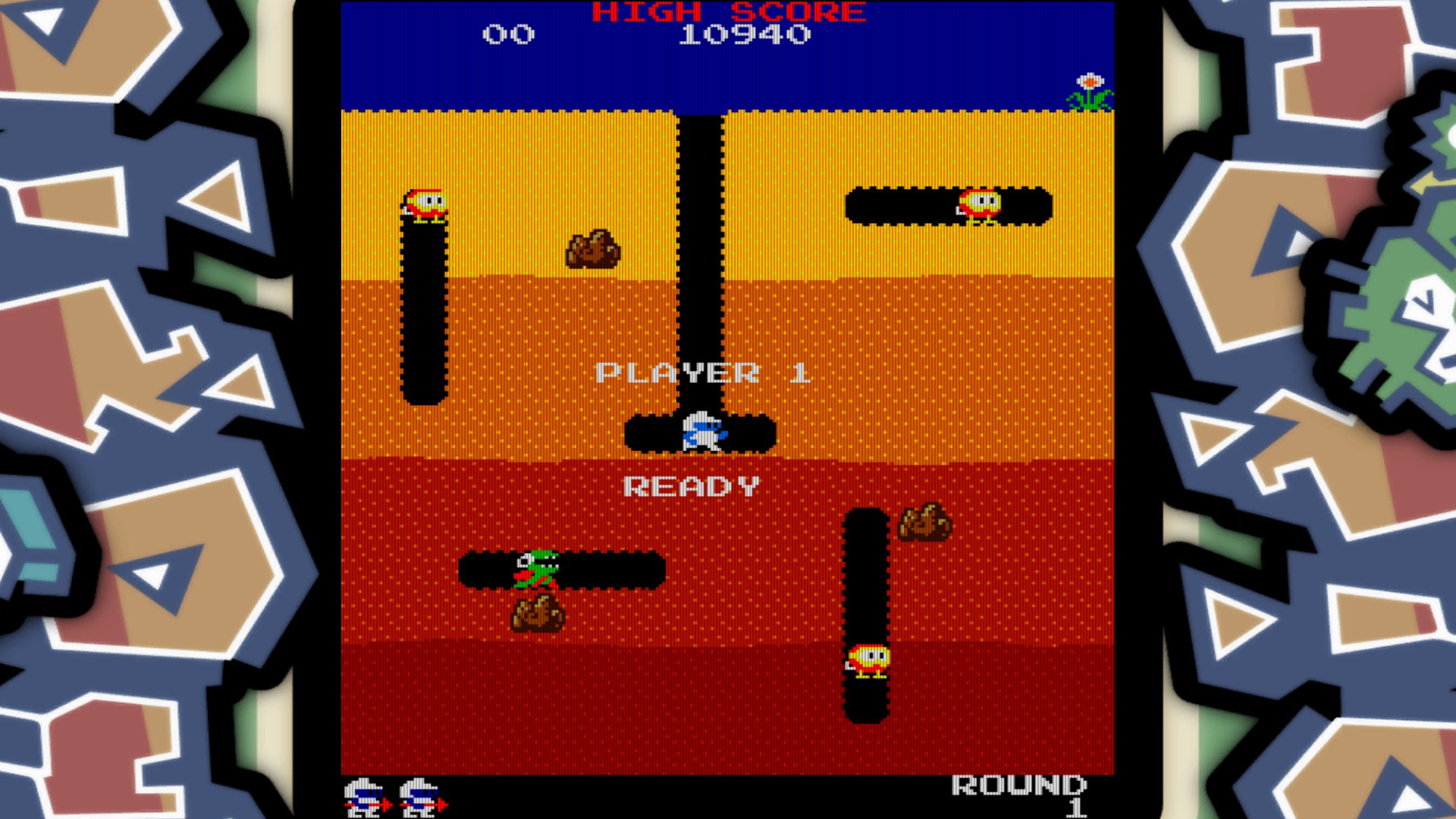
What Can We Learn From Retro Games?
Dig Dug, released on Steam as part of Bandai-Namco’s Arcade Game Series is a port of a game which turns 35 this year. Which does make it odd, writing about a game which is older than I am. Yet for all that 1982 feels like ancient history, within 5 years of Dig Dug we had Super Mario Bros, The Legend of Zelda, Castlevania and Dragon Quest. So Dug has tunnelled us a nice time capsule to the end of the arcade era. But with so much progress in game design since that time, is there anything worth learning from Dug’s digs?
-
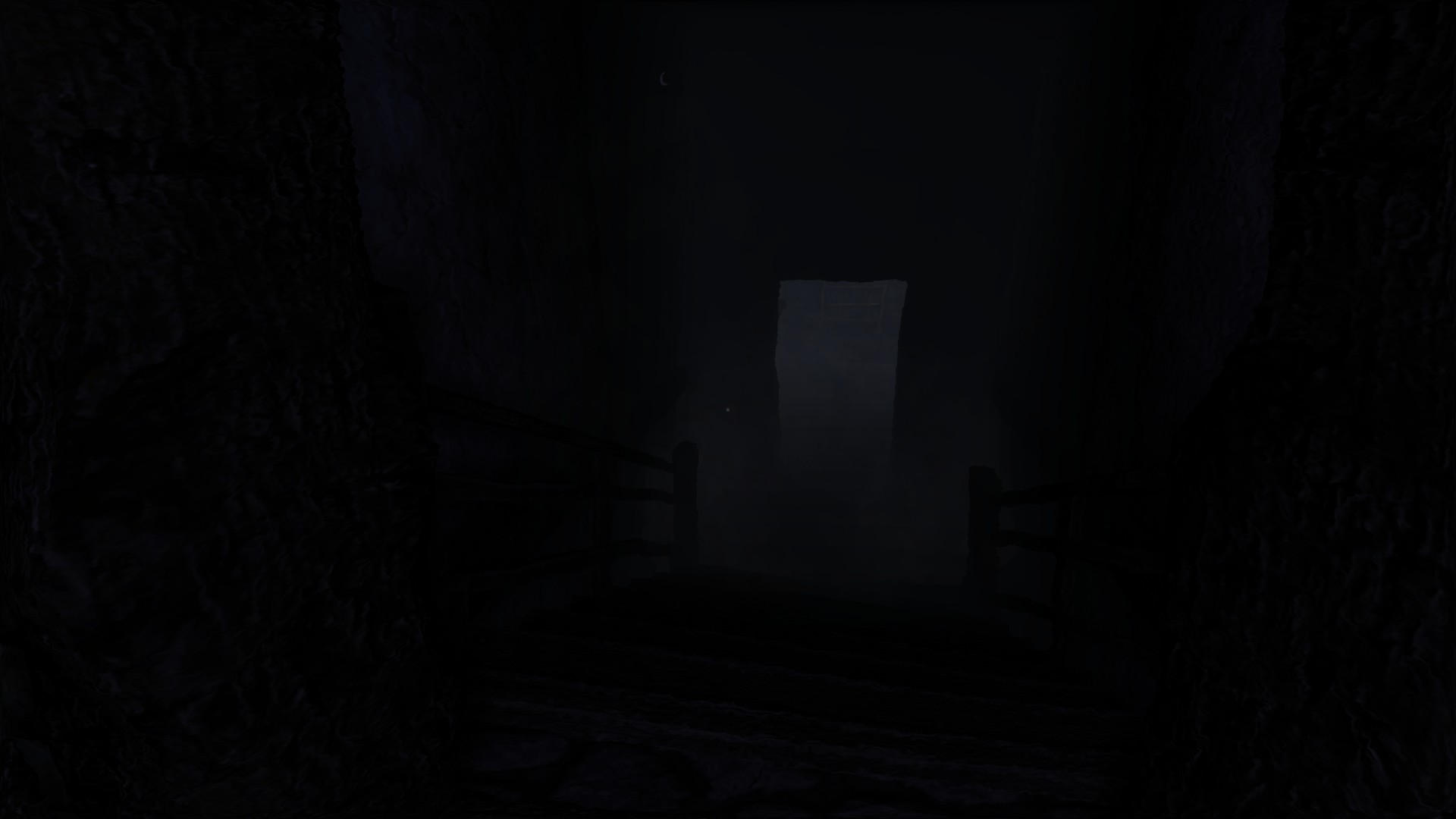
Evoking an Atmosphere
Amnesia: The Dark Descent is the first game on which I’m using my 1 hour rule and pulling out early with. This is because it is able to evoke such an excellently disturbing atmosphere. If I was to continue to play through Amnesia alone, at night, in a dodgy neighbourhood, approaching winter as my go-to game, then I’d end up a gibbering mess on the floor.
-
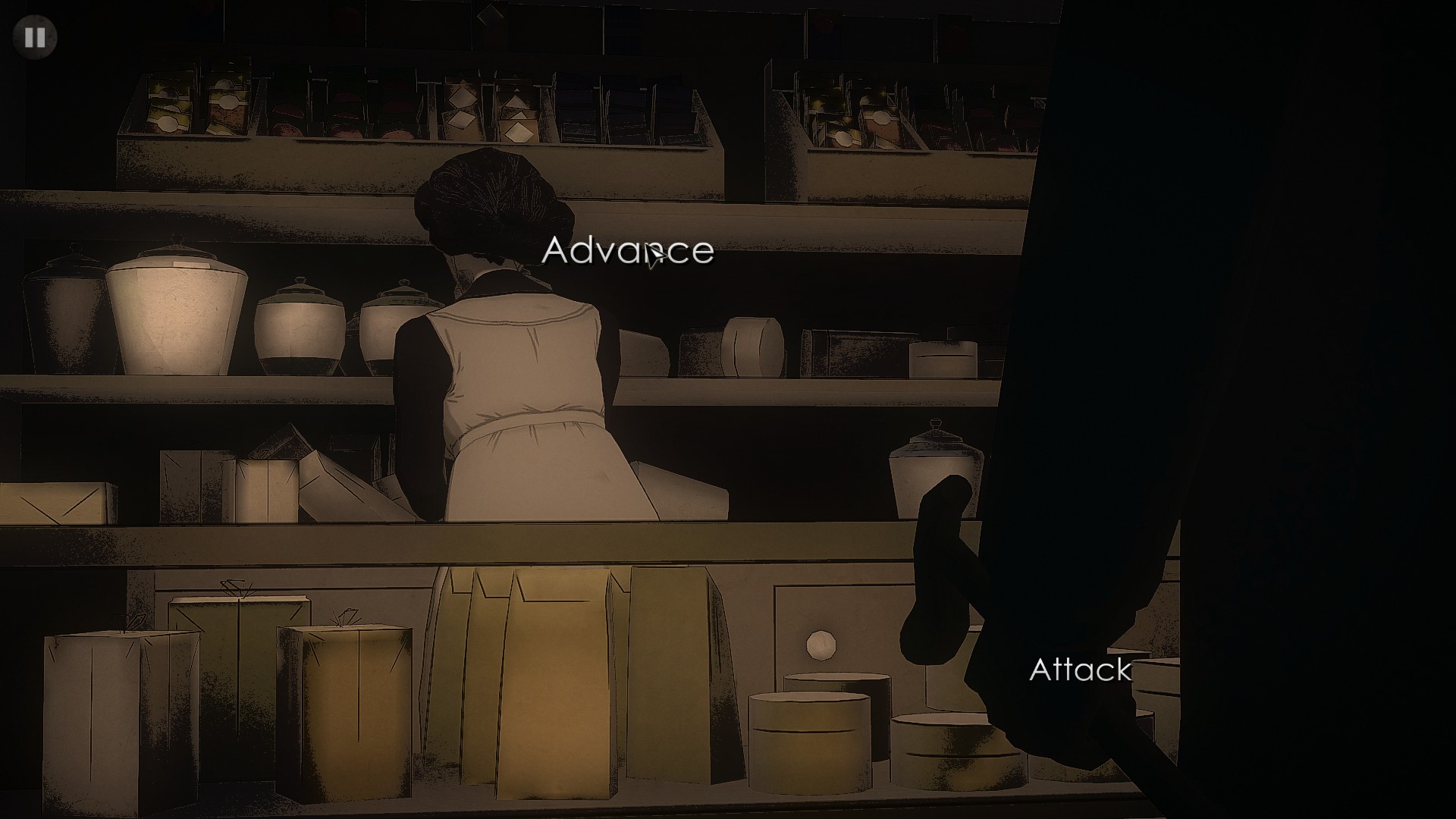
The Perils and Potential of Licensed Games
Licensed gaming tie-ins with existing media have been met with groans ever since the infamous ET drove Atari to the wall. But in this most surprising of places, I’ve found that perhaps this class of games have been unfairly derided. I was expecting very little from Agatha Christie – The ABC Murders, having no familiarity with the source book or characters popularised in the Poirot TV series. However, this game shows the potential that comes from richly detailed characters and an already well-plotted story to draw upon, while also showcasing some of the pitfalls which can come with adapting an existing work to the game format.
-
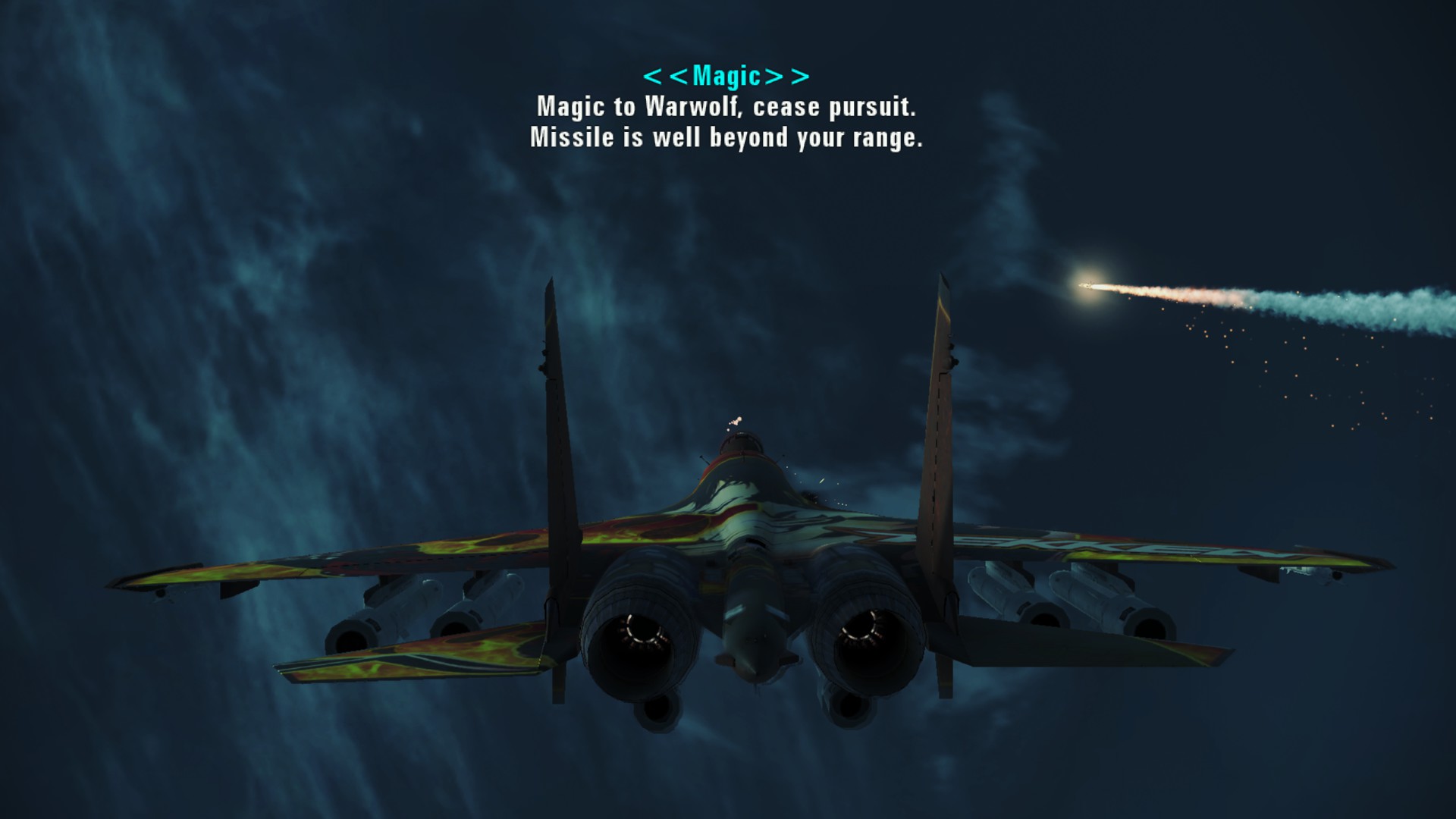
Ace Combat Assault Horizon – Subjectivity In Games
Ace Combat Assault Horizon is dazzlingly mediocre. It works well enough mechanically despite some missteps but the story is entirely clichéd and bland, like the writers had aimed for Skies of Duty and missed. If this keeps up, playing through a game a week for the next four years doesn’t sound like the best idea. I originally jotted up a piece on the tonal conflict inherent in arcade war games, but it felt woefully inadequate when Brendan Caldwell wrote a much better piece along the same lines for Rock Paper Shotgun. Read that and come back, I’ll wait. It also feels incredibly American, complete with a climactic final battle against evil Russians in the skies above The White House. Yet it was developed by an entirely Japanese team. But most of all, playing Ace Combat made me realise how my own hangups and politics can affect my enjoyment of a game.
-
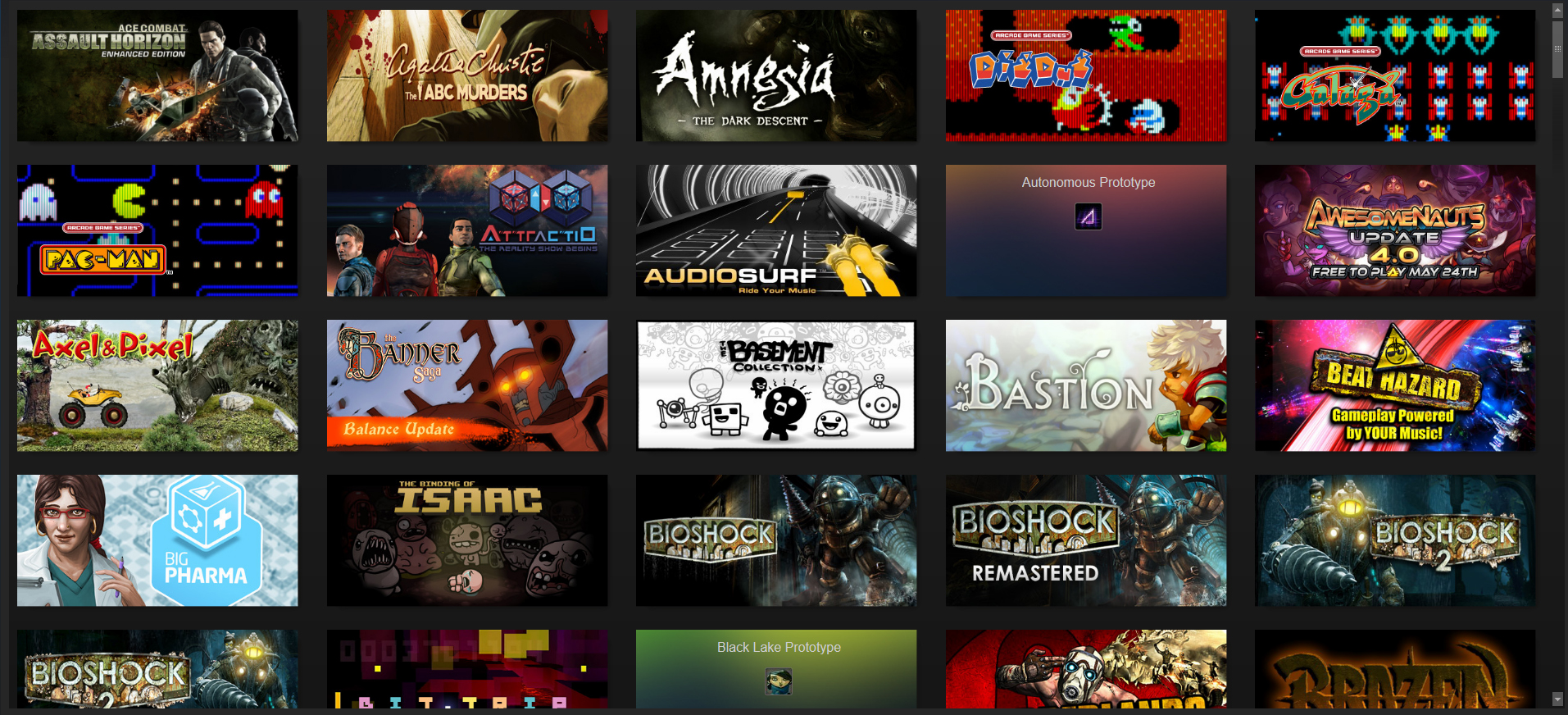
From Ace Combat to Zeno Clash – A Critical View of My Steam Backlog
At the time of writing, I have 204 games listed on my Steam account. I’ve got these through bundles, sales, giveaways and generally there are a whole lot which I haven’t played at all. Despite this, I spend the bulk of my time playing Europa Universalis, Crusader Kings 2 and Football Manager. So yeah, I like overcomplex strategy games with dynamic systems for me to screw with. But there’s a whole bunch of games there to form the nucleus of a more interesting project rather than continuing to develop scouting plans for dynastic prospects. (more…)
